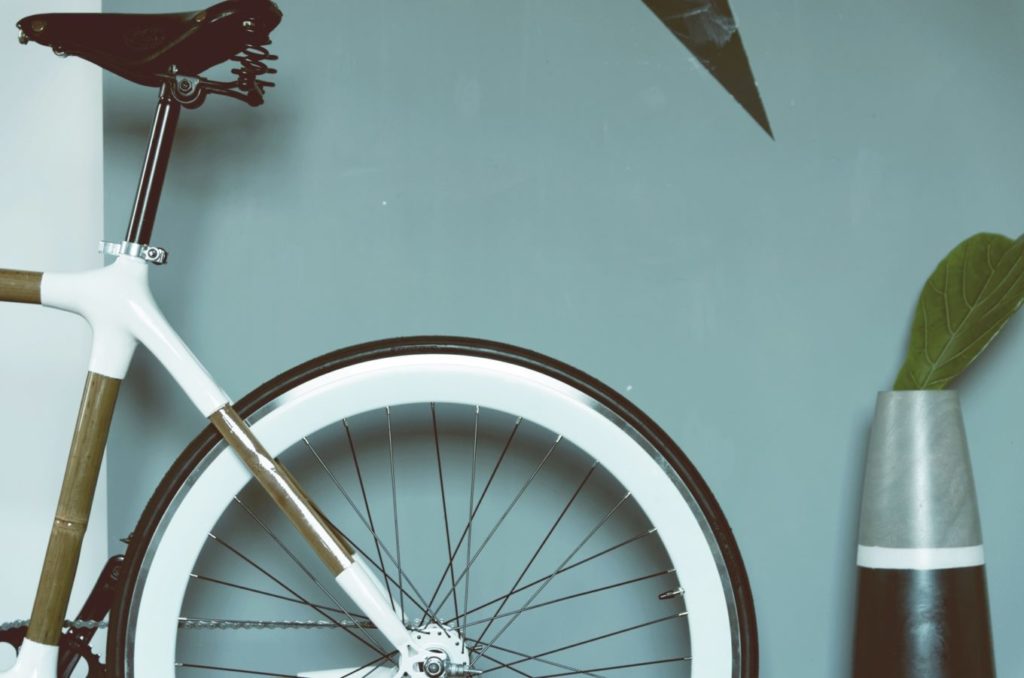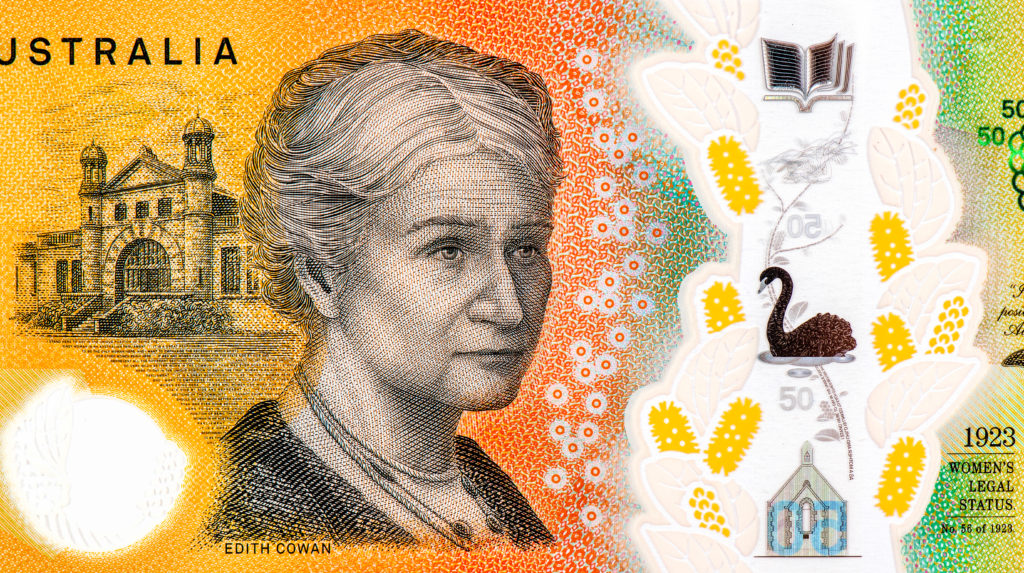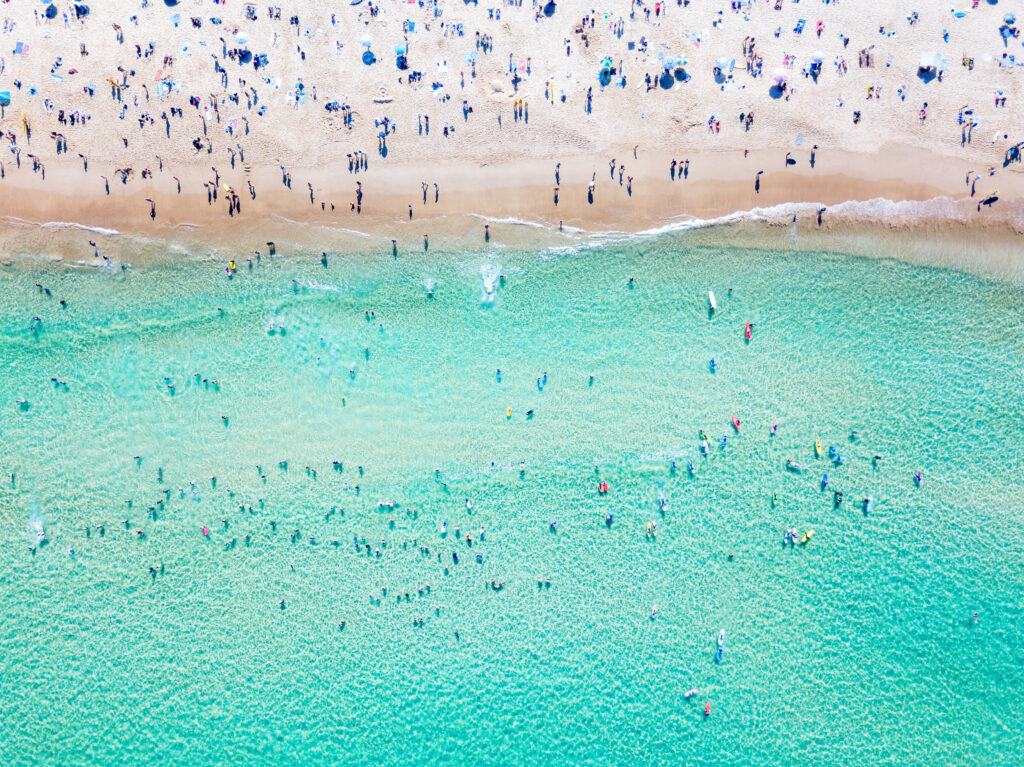Bikes and international students go together like coffee and donuts.
Most international students will spend between $700 – $1500 a year on transport. This makes getting a bike a very cheap alternative.
Add to that, riding a bike is:
• Good for your physical health
• Good for you mental health
• Good for the environment
• Reliable (no more waiting for late trains or traffic jams) and,
• A great way to get to know your city (and beyond)
Here’s everything you need to know about finding a bike, essential accessories, national and state bike laws and finding cycling clubs.
Getting a bike
To find out how to find and choose a bike in Australia, all the info you need is here in our article: How to buy a bike
If you want to hire a bike, you should know that some capital cities have bike-share schemes. Links to existing bike share schemes are below:
Melbourne Bike Share | Brisbane City Cycle | Adelaide Free Bikes | Share A Bike Canberra | Hobart Bike Hire | Urbi (Perth)
If you’re worried about having to get rid of your bike once your studies are over, you can sell or donate your bike after you no longer need it. GiveNow.com.au has a list of state organisations who accept donations of bikes.
Essential Accessories
To cycle in Australia you will need:
• A helmet (yes, a helmet – see below)
• Lights (front and back)
• A good lock (no skimping, invest in a decent one)
Australian cycling laws
You might be surprised to hear that Australia has mandatory helmet laws. In every state in Australia, a cyclist must wear a helmet while in motion. Along with New Zealand, Australia is the only country in the world to enforce the wearing of helmets. There’s ongoing debate about whether or not we should keep that law, but for now, we have to stick with it. Really, it’s a pretty easy rule to follow, and at least you get peace of mind, knowing that your head has protection if you have an accident.
State cycling laws
Every state and territory has its own rules about cycling (see links below). Read up on your state laws before you hit the streets, because you could get a fine (or worse, have an accident) if you don’t follow them.
ACT | NSW | NT | QLD | SA | TAS | VIC | WA
Where can you cycle?
For free maps for bikes in every state and territory, check out Bicycle Network.
Bicycle Network also recommend visiting:
- Google maps – Just pick ‘bike’ as your preferred method of getting around.
- Ride the City – This allows you to choose your origin and destination and will give you a choice of the safest or most direct route. It’s available for Melbourne, Sydney, Perth, Newcastle, Brisbane, and Adelaide.
- My Trails – A community for sharing trail maps.
Cycling clubs
Having a bike opens up opportunities to join in on group activities and to explore places that might otherwise be out of reach. Search for clubs near you in the Bicycles Network Australia clubs directory.
You can also try Bicycle Network, Australia’s largest cycling membership organisation.
Or, search Meetup.com to find cycling groups in different Australian cities.





